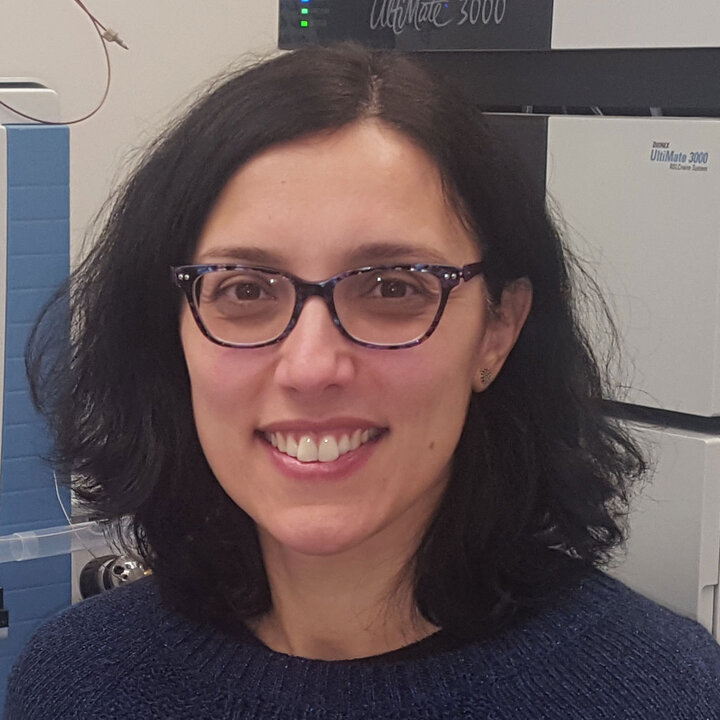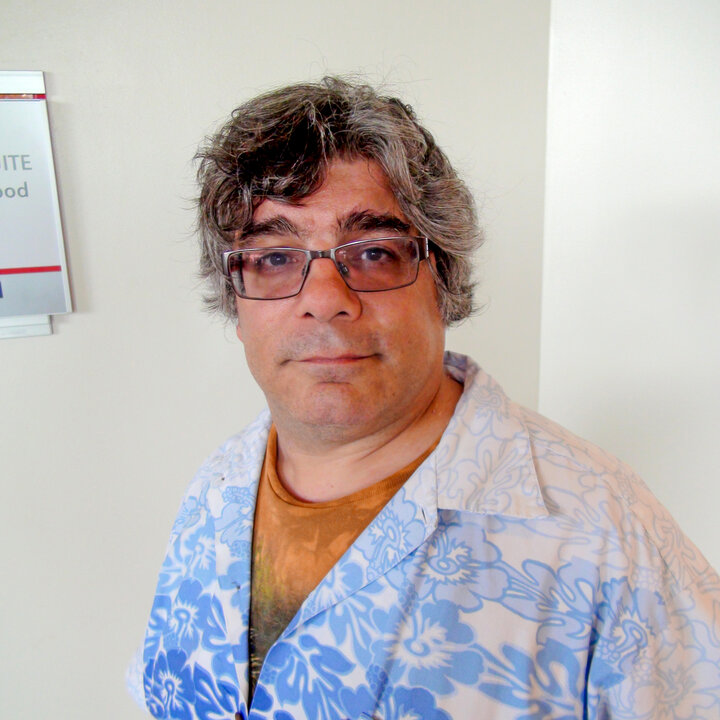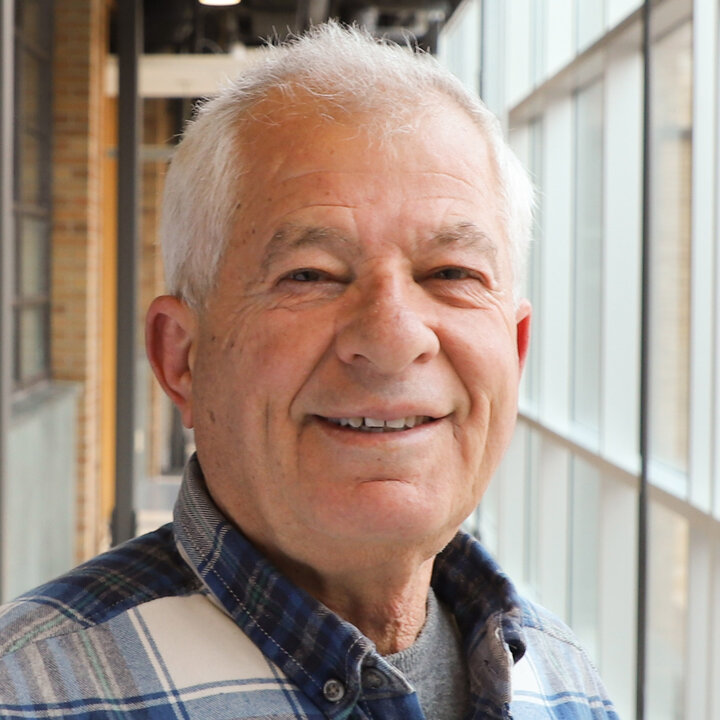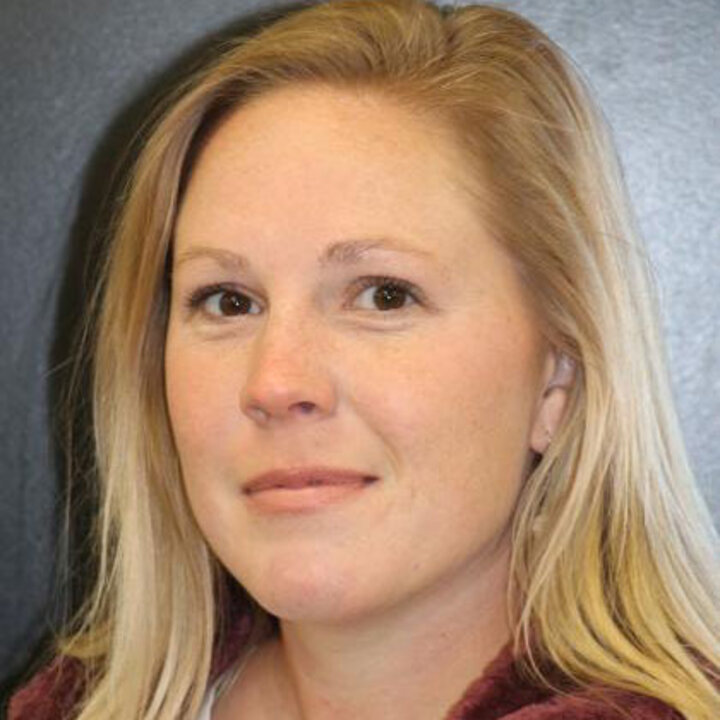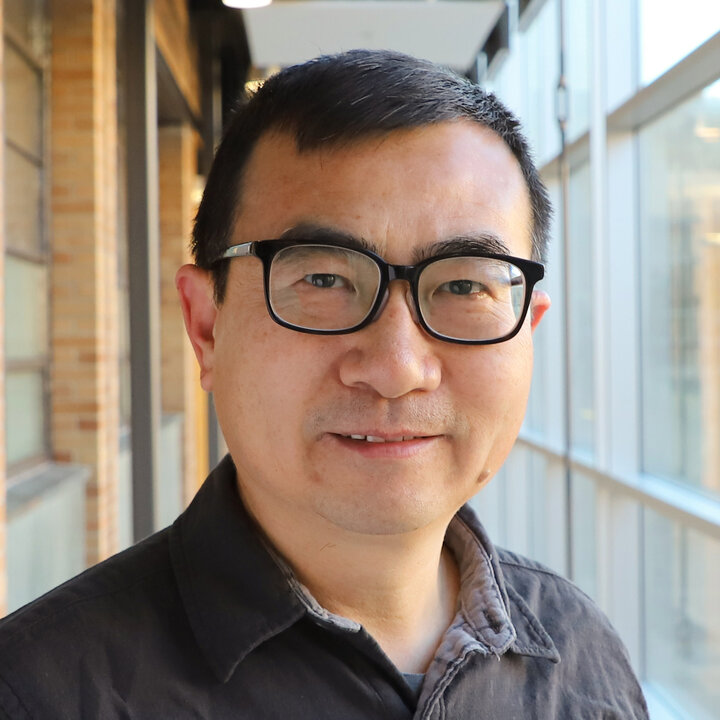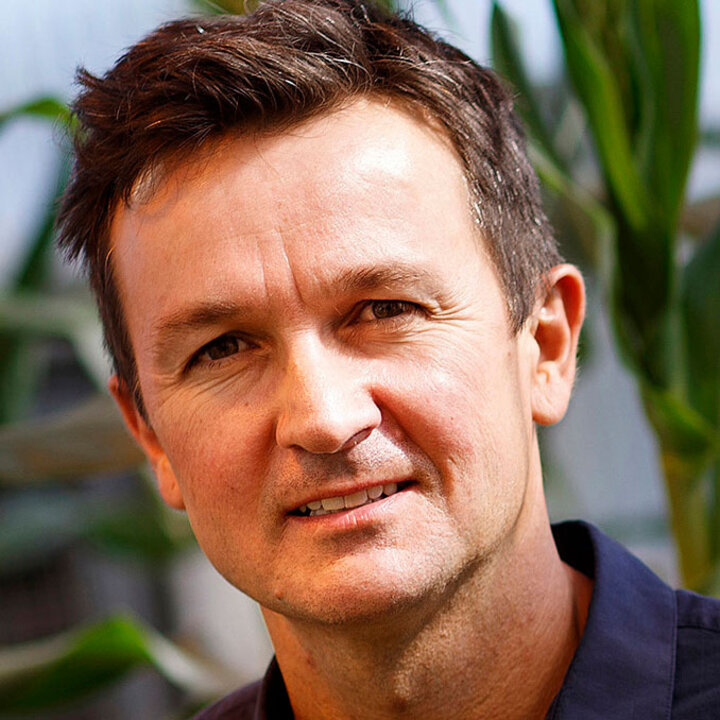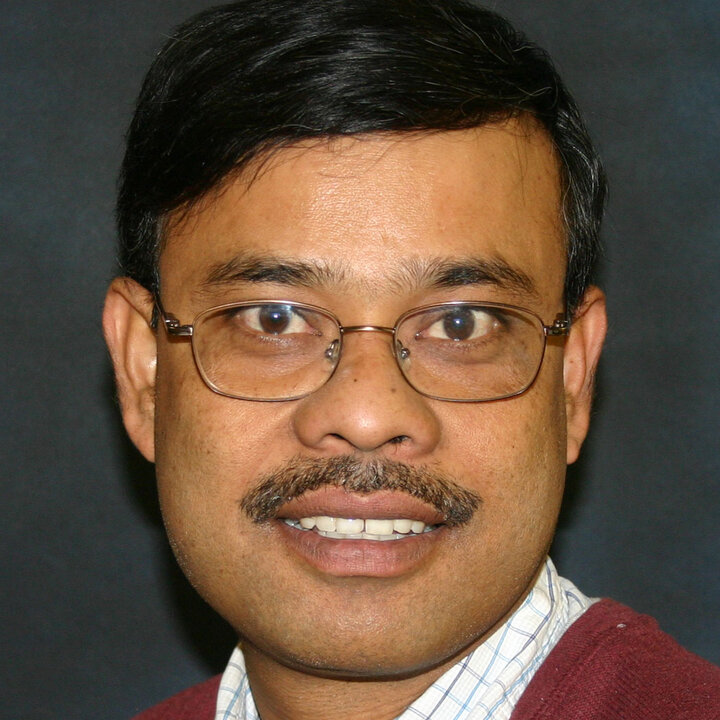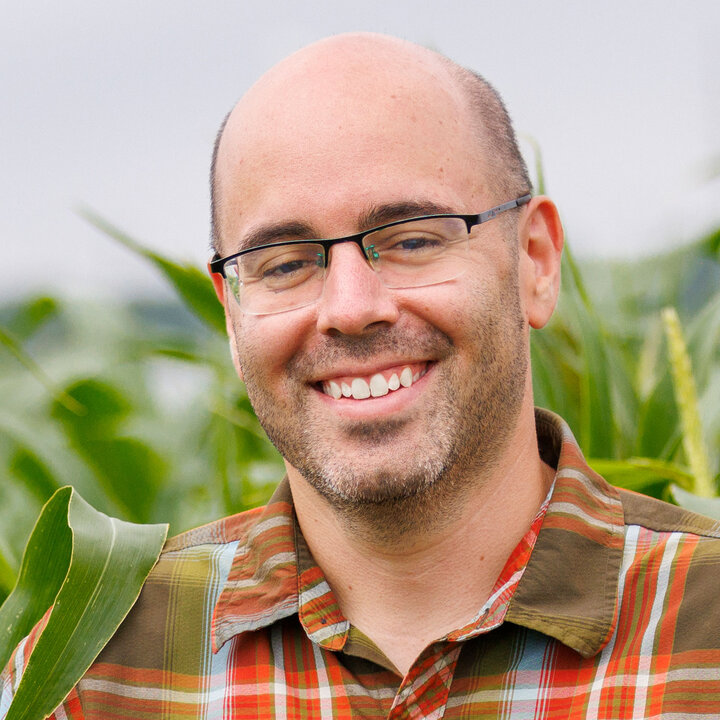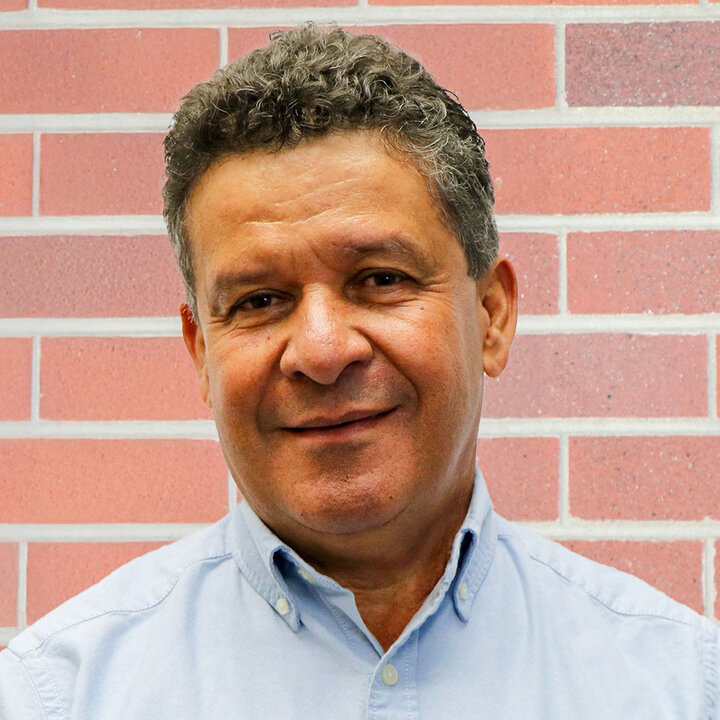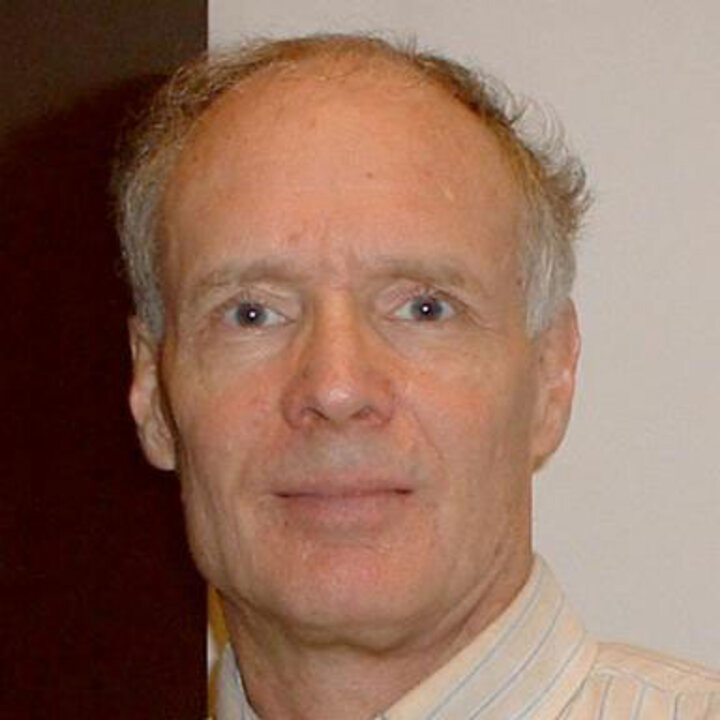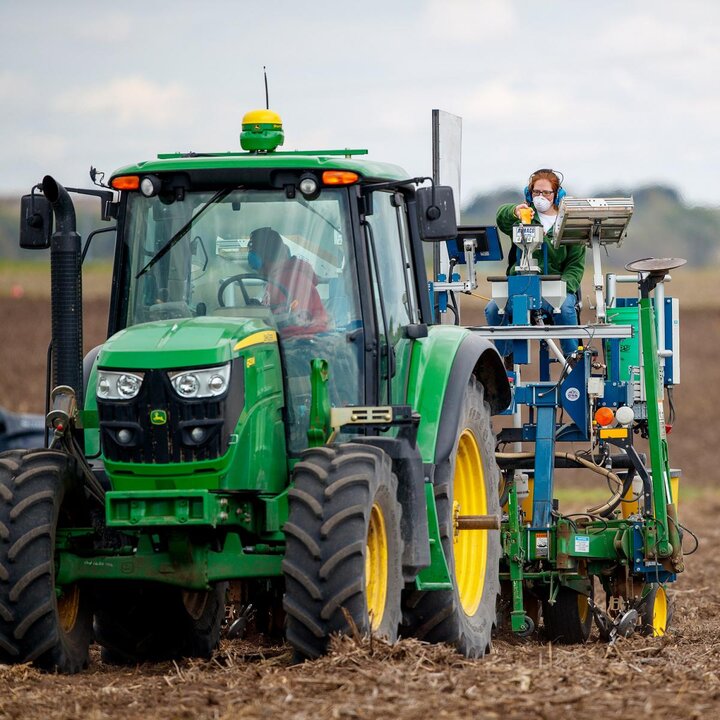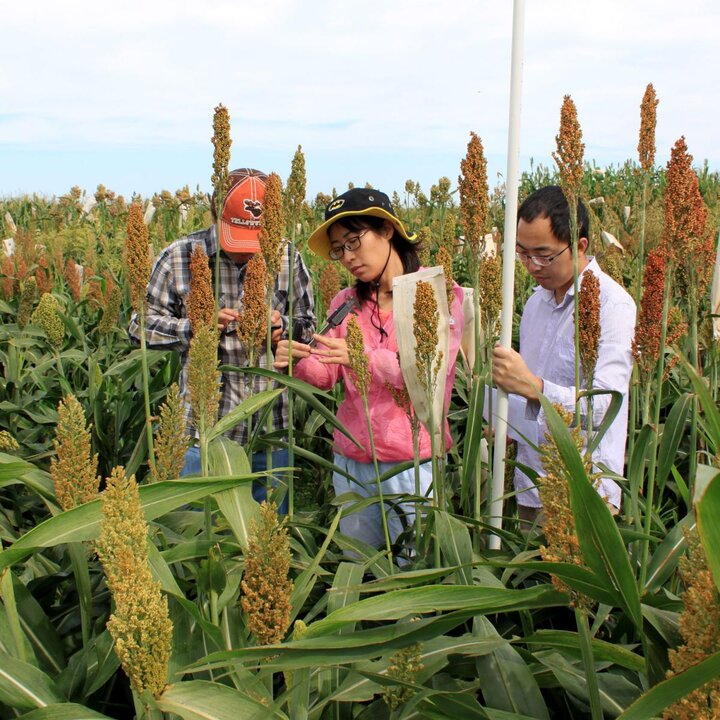Molecular, quantitative, and population geneticists, genomicists, and plant breeders work together to mine genetic diversity and develop improved cultivars of globally and regionally important crops by determining genetic architecture of agronomically important traits. Faculty strive to improve resource use efficiency, biotic and abiotic stress tolerance and resistance, and nutritional quality of crops while addressing societal, environmental, and economic sustainability. Results are improved cultivars of crops ranging from maize (including popcorn and sweetcorn), sorghum, wheat, rice, soybean, dry bean, field pea, proso millet and various turf grass species to emerging crops such as camelina, hemp, hops, and teff. A key research activity is the evaluation of novel crops for adaptability and productivity, targeting the diversification of Nebraska agriculture. Research supports the training of both resident and distance-ed students in plant breeding and genetics, preparing them as catalysts for change in academia and industry.
Modern field and greenhouse facilities, as well as plant transformation, genomics, proteomics, and metabolomics core facilities enable our research. Various forward and reverse genetics, biotechnological and gene editing approaches, and physiological and biochemical profiling are all used to understand and exploit genetic variation. DNA sequencing allows measurement of millions of genetic differences and the expression levels of thousands of genes across a multitude of crops. Genotype is linked to phenotype using high-throughput phenotyping technologies, allowing development of predictive models on cultivar performance across diverse environments. Central to the research are improvements in data management, analysis, and summarization. Leveraging plant-microbe interactions and identifying the effect of microbiomes on variety performance also contribute to the genetic improvement of crops. Faculty work across UNL and the state and play key roles in the Center for Plant Science Innovation, the Nebraska Center for Biotechnology, the Nebraska Food for Health Center, the Water for Food Global Institute, and the Quantitative Life Sciences Initiative.
Related Programs
Some faculty within the Department of Agronomy and Horticulture also advise and mentor graduate students admitted through the following programs.

